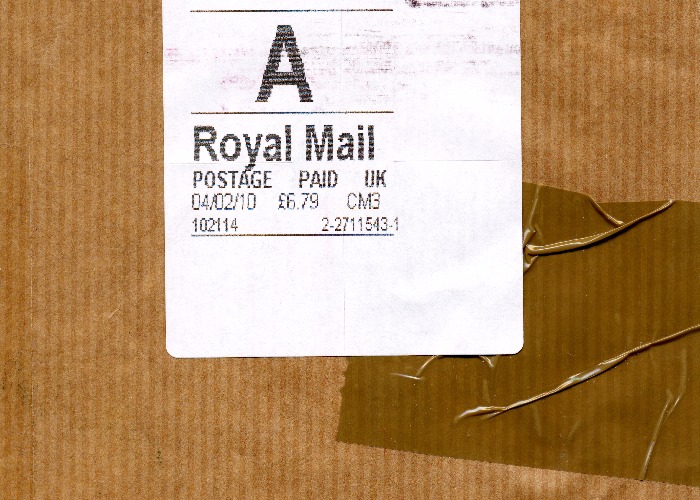'Your parcel has been seized': the latest Royal Mail email scam

Watch out for the latest Royal Mail parcel scam.
A new swathe of scam emails purporting to be from Royal Mail is doing the rounds.
The official-looking emails claim that a package has been seized by HMRC upon arrival into the UK and that you need to declare them genuine so that they can be returned to you. All you need to do is click a link to a document.
As you might have gussed, this link will install malicious software on your computer designed to steal personal details like account names, email addresses and passwords.
What you should look out for
This is an example email provided by Action Fraud:
Title: Your parcel has been seized
Royal Mail is sorry to inform you that a package addressed to you was seized by HM Revenue & Customs upon arrival into the United Kingdom.
A close inspection deemed your items as counterfeit and the manufacturers have been notified. If your items are declared genuine then they will be returned back to you with the appropriate custom charges.
You may have been a victim of counterfeit merchandise and the RM Group UK will notify you on how to get your money back. Please review the attached PDF document for more information.
Document (RM7002137GB).Zip
Please accept our apologies for any inconvenience this may have caused.
To help spread the virus, the emails say “you will need to have access to a computer to download and open the Zip file.” But it goes without saying that you shouldn't click the Zip file or any other attachments!
How to avoid falling for these scams
The best advice we could give you is to just be careful – unsolicited emails that ask you to download attachments or pass on personal details are surefire signs of a scam. Keep a look out for poor spelling and grammar too.
Royal Mail said that it will never:
- send an email asking for credit card numbers or other personal or confidential information;
- ask customers to enter information on a page that isn’t part of the Royal Mail website;
- include attachments unless the email thread was initiated by you, for example making an enquiry or registering for updates from Royal Mail.
It also stresses that it doesn’t receive a person’s email address when they shop online.
If you suspect something dodgy, give Royal Mail a ring on 03456 113 413 or send the email to scam.mail@royalmail.com and report it to Action Fraud.
Read Identity theft: what to do if you're a victim of ID fraud for more on what you should do if you fall victim to ID fraud.
Check your credit report for FREE and make sure your financial information is up to date
Protect yourself from scams:
Ticket scams: how to avoid falling for fake ticket frauds
Comments
Be the first to comment
Do you want to comment on this article? You need to be signed in for this feature